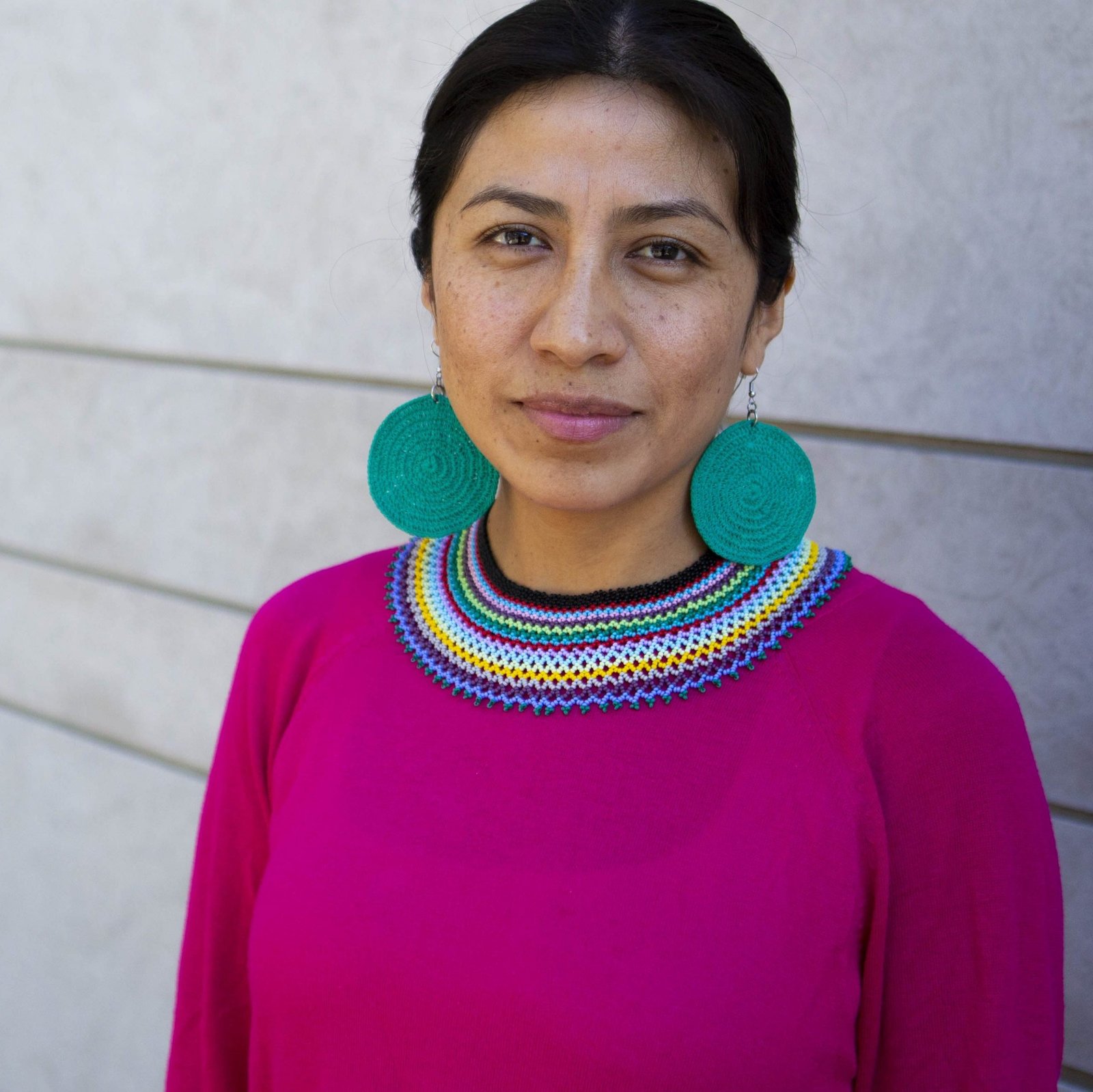We interviewed Fernanda Yanchapaxi about the experience of Indigenous students studying at Canadian universities and the issues that they care about. Six percent of the entire world population identifies as Indigenous, and 5% of the Canadian population. In countries with a history of colonization, such as Canada, there is an underlying pain and tension between the Indigenous and settler communities. As a result of generational trauma and discrimination, Indigenous students face different obstacles to their education than settlers or international students.

Fernanda Yanchapaxi is an Indigenous/Mesitzx PhD student in the Social Justice Program at the Ontario Institution for Studies in Education at the University of Toronto. She has over 15 years of experience working in the education sector to promote egalitarian policies and strategies that contribute to the healing of generations of racism and oppression. She has worked with youth and professionals to promote Indigenous activism, policy development, and program implementation. Her current research focuses on Indigenous knowledge with the context of Western intellectual property norms in her home country of Ecuador.
_
As a student, how do you think your experience has been different from other students because of your Indigenous roots and growing up in Ecuador?
Yes, Canadian universities have been very different from what I am used to before. We have different systems and the institutions work differently. It has been a privilege to be able to have access to resources that other people do not have in Educator whether they are Indigenous or not. The main difference here from what I have been seeing is that the institutions are not centering Indigenous people, Indigenous history, and Indigenous perspectives in terms of how they understand or support students. As someone who does not speak English before, it has been very challenging for me to adapt. I have been very lucky to have Indigenous professors and Indigenous mentors within the institution. If I did not have these support, I probably would not be able to continue my study.
What kinds of changes do you hope to see within the university system to support the education and professional development of more Indigenous students, like yourself?
I think the universities still remain hostile for some specific groups of students that did not have access to a lot of resources, which include not only Indigenous people but black people as well. I think universities should hire more Indigenous professors for Indigenous studies, admit more Indigenous students, and make partnerships with Indigenous communities for research.
What advice would you give to your younger self if on the day that you started your grad school program?
I would suggest doing research about your program, and finding out if the program has Indigenous professors. Look at the areas of study and if there are Indigenous professors, request to have them as your advisors from the beginning. I do not mean necessarily research supervisors, but rather advisors within the programs. Look for existing Indigenous student groups that have already been working with the university. Gather as much support as possible. As someone who has attended universities as an Indigenous person, I know that it will make a big difference. Knowing there are people just like you and there is a community providing you with support and resources are very helpful.
Fernanda’s Book Recommendation
The Open Veins of Latin America by Eduardo Galeano
Lisa’s Book Recommendation
Harper’s Anthology of Twentieth-Century Native American Poetry edited by Duane Niatum
Thank you, Fernanda, for sharing the excellent advice with us and our readers! You can find out more about Fernanda by following her on Twitter @mfyanchpaxi.
_
_
_
Missed the podcast? Listen here:
_
_
For more advice about writing, check out our weekly podcast or subscribe to our monthly newsletter.
_
To get more help with your assignments, book a 20 minute discovery session with us and start your journey to reaching your full potential on the page, and in life.
Both the written, visual, audio, and audiovisual content of this post has been created by and is the intellectual property of Lisa Pfau and PFAU Academic Writing. Please do not replicate any of the above content without our consent. However, please do feel free to share this post and its authorship widely.


